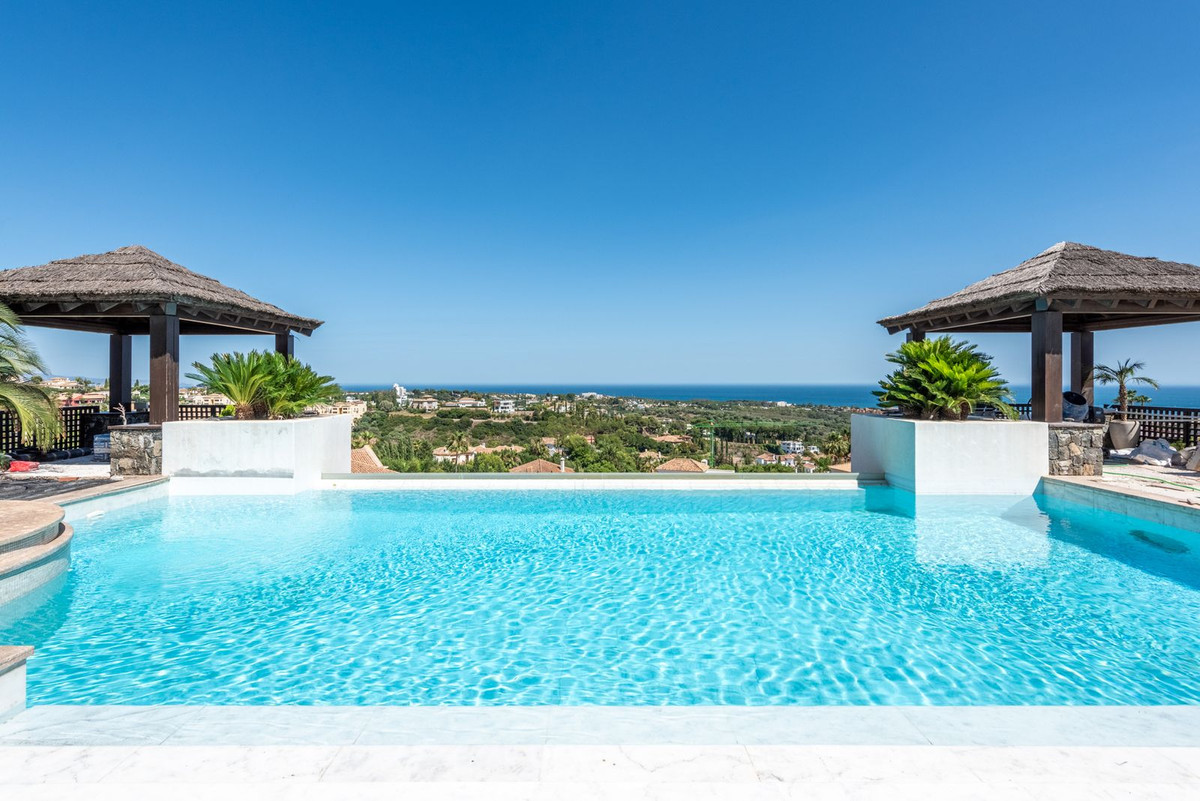As estate agents in Marbella, Marbella Homes has been in the business for over 20 years so we understand some of the complexities of buying property in Spain. This is why we always advise our clients to hire an English-speaking lawyer in Spain. In recent months there has been a growing trend of clients who think they can do it alone; and in most cases they have been successful,…..eventually but not all and it has not been without many dramas.
So, do you need a lawyer to buy a property in Spain?
No, however, almost everyone who buys a property in the UK willin most European countries it is common practice to hire a lawyer to make sure the transaction goes as smoothly as possible. This same principle should apply to buying property in Spain. It is important that before making any property purchase or paying the deposit, a lawyer should be consulted. Simply put, by hiring a solicitor you are guaranteed that the purchase will be handled competently with your interests protected, while you avoid any pit falls or horror stories.
The top 5 reasons why you should hire a lawyer before buying property in Spain
The Language Barrier
As a new expat buying property on the Costa del Sol or simply a holiday home, the language barrier may become more evident during the buying process. In order to finalise the purchase, you must go to the Spanish notary. One thing that must be understood is that Spanish nNotaries do not represent you the buyer. They are meant to be non-partisan and their purpose is to ensure that the completion of the documents is signed on behalf of the purchaser and vendor according to Spanish law.
Your interests would then be entrusted to a lawyer, guaranteeing you a safety net that in fact your interests are being met with integrity. Besides professionalism, many of the notaries here have business relationships with lawyers because they’ve dealt with many of the same one’s for years. Therefore, because of this personalised business relationships, your lawyer will be in and out of the notary without any hiccups.
Conveyancing in Spain is Different
The Spanish property conveyancing system is different to the UKother European systems so you should ensure that those involved in the transaction are qualified and experienced in Spain. For example, in an English conveyancing transaction, a protocol exits that most lawyers follow. This means every party involved in the transaction works along the same standard guidelines. WResearching about water and drainage investigations for example are carried out as a common practice.
This is not the case in Spanish conveyancing, where no such protocol exists at this time. Therefore, it is not safe to assume that the most common or basic checks that you may be used to will be performed for you. There is also plenty of other due diligence that must be done, especially related to the legality of properties on the Costa del Sol. However, there are severalThere are English-speaking lawyers in Marbella that work specifically for non-residents and foreign property buyers and understand the differences and will be sure to put your mind at ease. Providing a service that includes all you would come to expect in conveyance.
These lawyers make their living helping you, the foreign buyer looking to purchase a new home in Spain.
Taxes in Spain
The tax system in Spain is also very different to that of the UK and other Countries around the world. For example, if you are selling a Spanish property, there are tax implications which need to be considered. A Spanish lawyer can, following completion, calculate whether you are entitled to any tax rebates. Any claims for tax rebates must be made within strict time limits otherwise the rebate may be lost. This is another reason to leave all the fine details during the buying process to an English-speaking lawyer in Spain.
Also, foreign buyers must understand that taxes in Spain are split between state and regional governments, with each of Spain's 17 autonomous regions deciding on its own tax rates and liabilities. This means that Spanish tax rates can vary across the country for income tax, property tax, wealth tax, capital gains tax and inheritance tax. In addition, workers in Spain must contribute to Spanish social security taxes. The Spanish tax year runs from 1 January to 31 December.
Inheritance Tax
After buying a property on the Costa del Sol, you will likelymay decide to relocate or retire to Spain. Therefore it is important to determine if Spanish inheritance tax and Spanish inheritance law apply to your worldwide assets. What happens if you are a resident when you die in Spain? What if you buy Spanish property but also have assets in your home country? Do you need to make a Spanish will to protect your assets?
All of the above questions are very important, and many legalities must be understood in order to make your retirement a happy one protect you and your family. This is why having a Spanish lawyer during the buying process in Spain, will eliminate any confusion and you can have peace of mind.
Typical Spanish Solicitor Services
Of course, there are more reasons why hiring an English-speaking lawyer in Spain can help you with the buying process in Spain. In many cases you can find lawyers on the Costa del Sol that offer you an initial 30 minutes free consultation. This will ensure you get the right advice going forward in order to make an informed decision before hiring a Spanish lawyer to help you close the property deal.
At Marbella Homes we work closely with Lexland Abogados who are a full service law firm with a very good reputation and are specialists in property conveyancing. Established in 2005 they offer a wide range of legal services designed to complement the property buying process, including wills, probate, inheritance tax, employment law, family law, administrative law, and both civil and criminal litigation.


